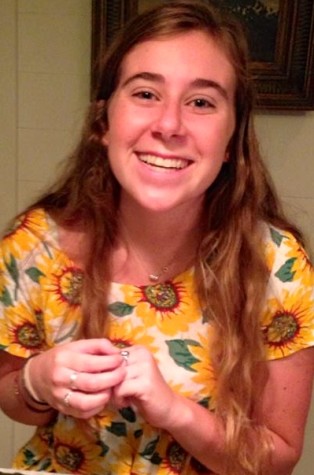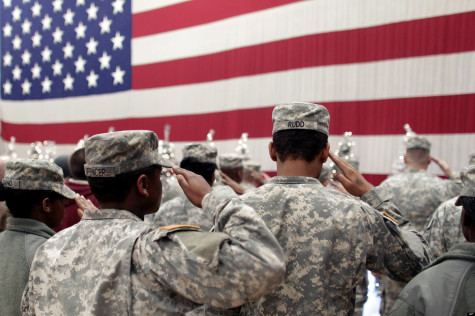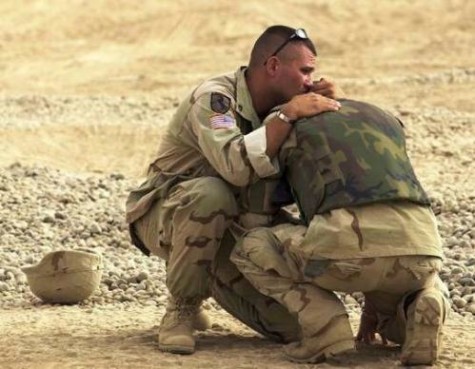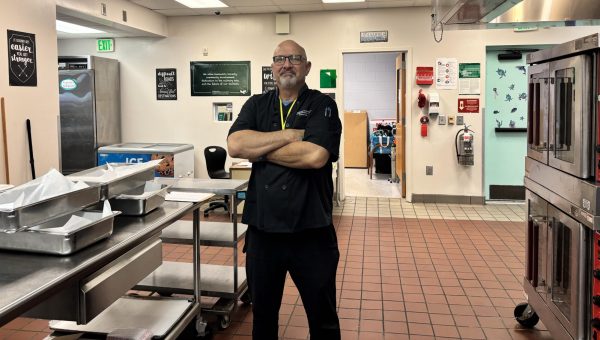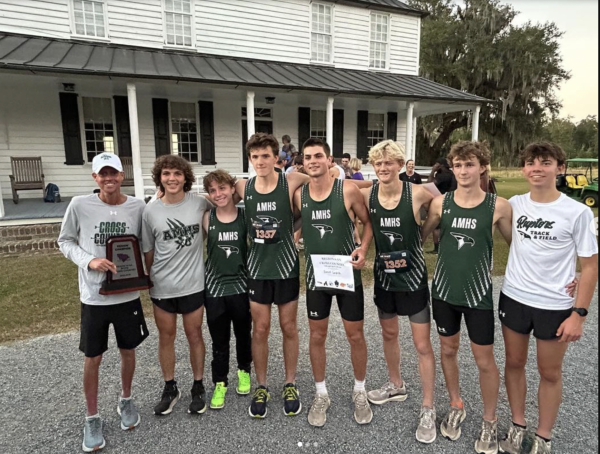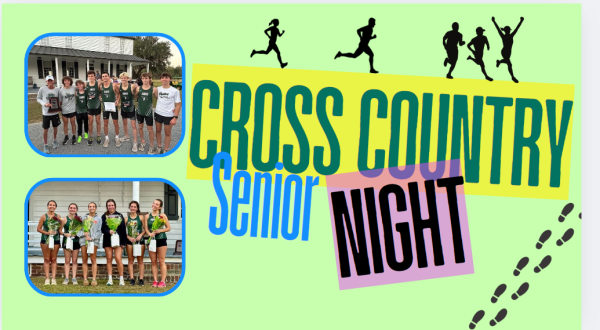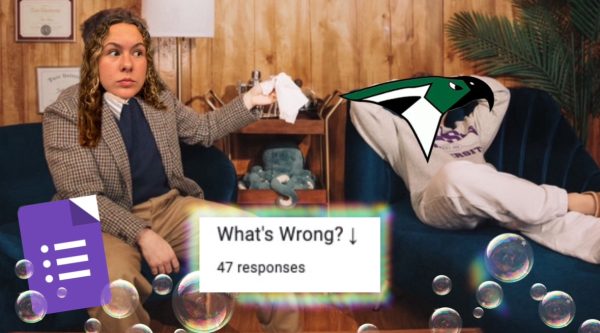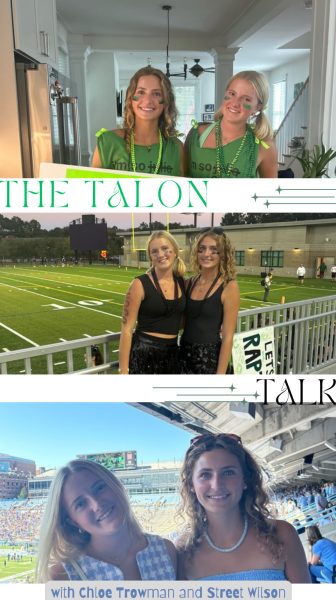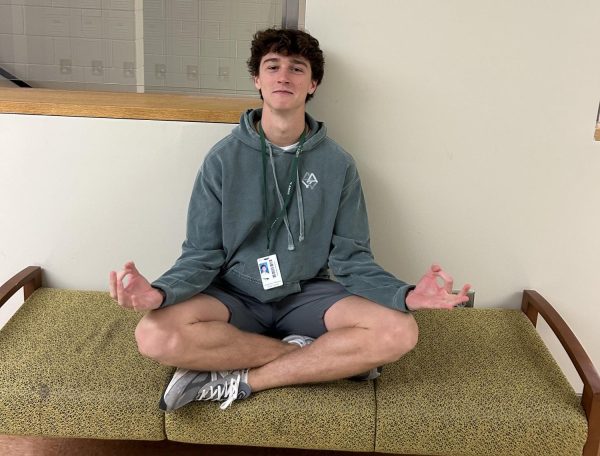Senior Thesis: Posttraumatic stress disorder following combat and military sexual trauma
Margaret Gibson is currently a senior here at Academic Magnet. In her spare time, Margaret enjoys dancing jazz, lyrical, and ballet, listening to records, playing music on the piano, drinking tea, hanging out at the battery, and spending time with her friends. For her senior thesis, she chose to study Post-traumatic Stress Disorder resulting from combat-related trauma and military sexual trauma and its symptom presentation and treatment outcome. From her research, Margaret was able to conclude that based on scores of self-assesment tests before and after treatment that neither military sexual trauma or combat-related posttraumatic stress disorder differ in their symptom severity or success in treatment. Below, Margaret gives us more information about her thesis and advice to juniors who are just beginning their theses.
1. Tell me about your topic.
My thesis focused on comparing the severity of symptoms and success in treatment of veterans diagnosed with Post-traumatic Stress Disorder (PTSD) due to either combat-related trauma and military sexual trauma (MST).
2. What brought you to this topic?
My original idea was to look at PTSD among civilians due to non-military related traumatic experiences, but due to lack of cataloged records I was unable to focus on civilian PTSD and instead focused on veteran PTSD. I chose to focus on PTSD as my thesis topic in general because PTSD is a growing psychological disorder among both veterans and non-military civilians.
4. Who was your mentor?
My mentor was Dr. Peter Tuerk who is the head of a type of PTSD treatment at the Ralph H. Johnson VA Medical Center where I collected my data. Dr. Tuerk is actually a good friend of Mrs. Bortz, who was my theory of knowledge teacher last year, and when she saw my interest in PTSD she helped me get in contact with him.
5. What advice would you give to juniors beginning their thesis?
The best advice I can give to juniors beginning their thesis is to choose a topic you actually enjoy learning more about. I loved reading books and articles about PTSD and found it easy to work on my paper even when I was not in the mood for other homework. If you already feel like reading articles about your topic is monotonous, you can always shift your idea or focus on something that you genuinely enjoy.
6. What would you have done differently with your thesis if you could?
When I began my thesis I was seventeen and not allowed to do and read certain things available at the VA. I was given the option to read and makes notes on initial intake assessments once I turned 18 but due to my reluctance to read the very in depth and sometimes violent accounts of trauma, I never took advantage of the opportunity and wish that I had. It would have helped me better understand the true intensity of how PTSD can be for many patients and I feel as though my understanding would have been greatly increased if i had chosen to do it.
7. What was your main question and what did you find form your research?
The central goal of my thesis was to find out if one trauma type was harder to treat or showed more intense symptoms pre-treatment than the other. My main question was whether one trauma was essentially worse or more difficult to live with than the other. I found that, based on scores of self-assesment tests before and after treatment that neither MST or combat-related PTSD differ in their symptom severity or success in treatment.



